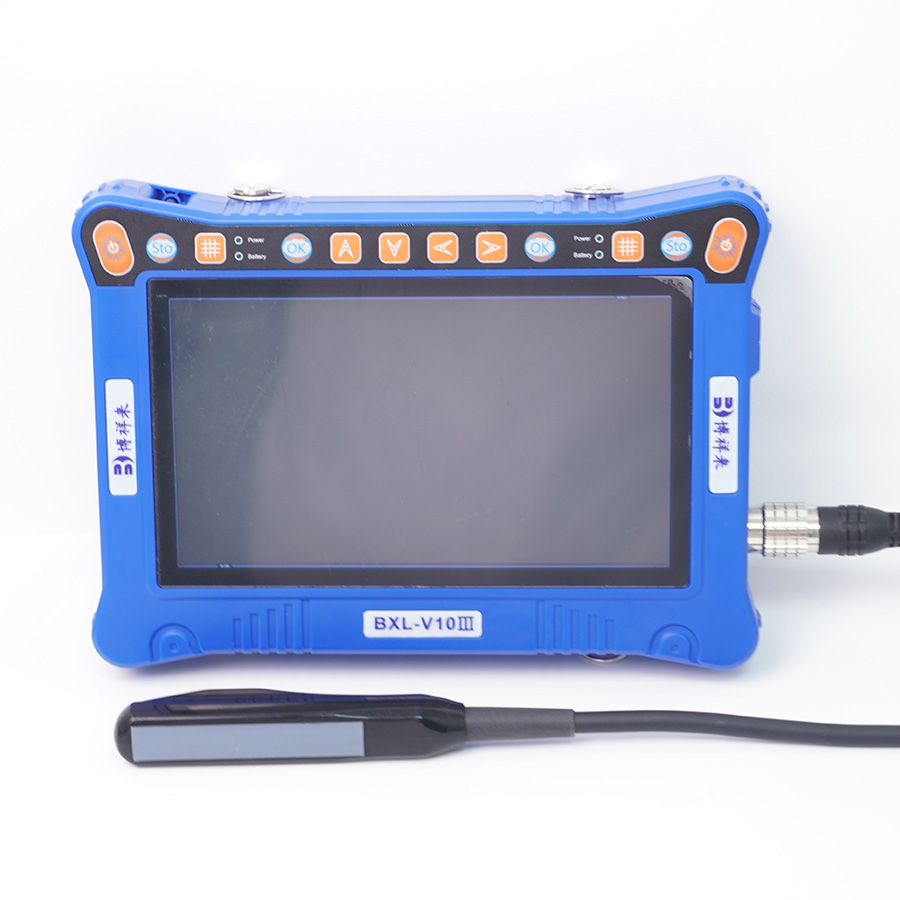Veterinary ultrasound has become an indispensable tool in modern animal care, allowing veterinarians to diagnose a wide range of conditions quickly and non-invasively. Whether assessing pregnancies, detecting internal injuries, or diagnosing diseases, ultrasound technology offers real-time insights that can drastically improve patient outcomes. To use ultrasound effectively, veterinarians and veterinary technicians must undergo specialized training.

In this article, we'll explore the importance of veterinary ultrasound courses, the different types of training available, and the benefits of acquiring these critical skills.
Why Take Veterinary Ultrasound Courses?
Ultrasound technology requires technical skill and hands-on experience to interpret images accurately and diagnose conditions effectively. For veterinarians and veterinary technicians, completing a veterinary ultrasound course offers several advantages:
- Improved diagnostic capabilities: Training ensures you can diagnose conditions more accurately, from abdominal disorders to cardiac issues.
- Broader scope of practice: Ultrasound skills can broaden your veterinary practice, allowing you to offer more in-house diagnostic services.
- Enhanced patient care: With ultrasound training, you can provide better and faster diagnoses, reducing the need for invasive procedures and minimizing patient stress.
- Career advancement: Mastering ultrasound can boost your resume and open up new career opportunities in specialized fields such as cardiology or emergency medicine.
Types of Veterinary Ultrasound Courses
Veterinary ultrasound courses come in various formats, designed to accommodate different skill levels, from beginners to advanced practitioners. Below are the most common types of courses available.
1. Basic Veterinary Ultrasound Courses
These entry-level courses are designed for veterinarians or technicians who are new to ultrasound technology. They cover the fundamentals of using ultrasound machines and interpreting basic scans.
What you’ll learn:
- Ultrasound machine operation: How to set up, calibrate, and maintain ultrasound equipment.
- Basic anatomy: Understanding the visual appearance of organs and tissues on ultrasound.
- Imaging techniques: Basic techniques for capturing clear and useful images, focusing on abdominal organs like the liver, kidneys, bladder, and spleen.
Ideal for:
- Veterinarians who want to start using ultrasound in their general practice.
- Veterinary technicians who assist in diagnostic imaging procedures.
2. Advanced Veterinary Ultrasound Courses
For veterinarians with some experience in ultrasound, advanced courses dive deeper into specific areas of animal anatomy, advanced imaging techniques, and complex diagnostic cases.
What you’ll learn:
- Cardiac ultrasound (echocardiography): How to assess heart function, diagnose heart diseases, and evaluate blood flow.
- Small animal and exotic pet ultrasound: Techniques for imaging smaller animals like cats, rabbits, and reptiles.
- Reproductive ultrasound: Specialized training in pregnancy detection and fetal health monitoring in species like horses, cattle, dogs, and cats.
Ideal for:
- Veterinarians specializing in cardiology, reproductive medicine, or exotic animal care.
- Practitioners looking to expand their diagnostic capabilities to more complex cases.
3. Equine and Large Animal Ultrasound Courses
Courses focused on large animals, such as horses and cattle, teach species-specific techniques and provide training on the unique challenges of imaging larger animals.
What you’ll learn:
- Tendon and ligament assessment: How to diagnose soft tissue injuries in athletic horses.
- Reproductive health in large animals: Detecting pregnancies and monitoring fetal health in cattle, sheep, and horses.
- Abdominal ultrasound for large animals: Assessing conditions like colic or internal bleeding in equine patients.
Ideal for:
- Equine veterinarians and those working in large animal practices.
- Veterinary professionals involved in livestock management and breeding programs.
4. Emergency and Critical Care Ultrasound
This specialized course focuses on using ultrasound in emergency settings, where quick diagnosis is crucial. Veterinary professionals working in emergency or critical care benefit from learning how to use ultrasound to make life-saving decisions rapidly.
What you’ll learn:
- FAST (Focused Assessment with Sonography for Trauma): Techniques for quickly identifying internal bleeding, fluid accumulation, and organ damage in trauma cases.
- Cardiac ultrasound in emergencies: Rapid assessment of heart function in critically ill patients.
- Abdominal ultrasound for acute conditions: Diagnosing conditions like intestinal blockages, internal bleeding, and ruptured organs.
Ideal for:
- Emergency veterinarians and critical care specialists.
- Veterinary clinics that handle a high volume of urgent or trauma cases.
5. Online Veterinary Ultrasound Courses
For those unable to attend in-person training, many institutions offer online veterinary ultrasound courses. These courses typically cover theoretical knowledge and may include video tutorials and virtual simulations.
What you’ll learn:
- Ultrasound principles: The physics behind ultrasound technology and best practices for image optimization.
- Anatomical identification: Online modules that teach how to identify and interpret different organs on ultrasound scans.
- Case studies: Real-world examples of ultrasound diagnosis, helping you apply your knowledge to practice.
Ideal for:
- Veterinarians and technicians who prefer flexible, self-paced learning.
- Professionals in remote areas with limited access to in-person training facilities.
Choosing the Right Veterinary Ultrasound Course
When selecting a veterinary ultrasound course, it's essential to consider your current skill level, your area of practice, and your long-term career goals. Here are a few tips for choosing the right course:
- Assess your needs: Are you a general practitioner looking to expand your diagnostic capabilities, or do you specialize in cardiology, orthopedics, or emergency care? Choose a course that aligns with your practice focus.
- In-person vs. online: In-person courses typically offer hands-on experience, which is invaluable for mastering ultrasound techniques. However, online courses can be a good starting point for learning the theory behind ultrasound technology.
- Accreditation and certification: Ensure the course is accredited by a recognized veterinary association and offers a certification upon completion. This adds credibility to your qualifications and may be required for certain specialties.
- Hands-on experience: Practical experience is key to mastering ultrasound techniques. Look for courses that offer live animal scanning sessions, case studies, or opportunities to practice on models.
Where to Find Veterinary Ultrasound Courses
Several organizations offer veterinary ultrasound courses, both in-person and online. Some reputable providers include:
- Veterinary schools: Many veterinary colleges and universities offer ultrasound training as part of their continuing education programs.
- Professional associations: Groups like the American Veterinary Medical Association (AVMA) and European School for Advanced Veterinary Studies (ESAVS) offer specialized ultrasound courses.
- Private companies: Veterinary ultrasound equipment manufacturers often provide training courses, focusing on how to use their machines effectively.
Benefits of Completing a Veterinary Ultrasound Course
Enrolling in a veterinary ultrasound course provides numerous benefits, including:
- Improved patient care: Accurate and non-invasive diagnostic capabilities enhance the quality of care for your patients.
- Cost savings: In-house ultrasound reduces the need to refer patients for external imaging, making your practice more efficient.
- Increased revenue: Offering ultrasound services can attract new clients and add an additional revenue stream to your practice.
- Professional development: Learning ultrasound can open up new career opportunities and specializations, making you a more valuable asset to your clinic or practice.
Conclusion
Veterinary ultrasound courses offer veterinarians and technicians the opportunity to enhance their diagnostic skills, improve patient care, and broaden their practice. Whether you are new to ultrasound technology or looking to specialize in a specific area, there are training options available for every skill level. By choosing the right course and gaining hands-on experience, you can provide better care for your patients and grow your veterinary practice.
As ultrasound technology continues to evolve, staying updated with the latest techniques through continuing education is essential for delivering modern, high-quality veterinary care.
tags: Veterinary Ultrasound CoursesVeterinary Ultrasound


